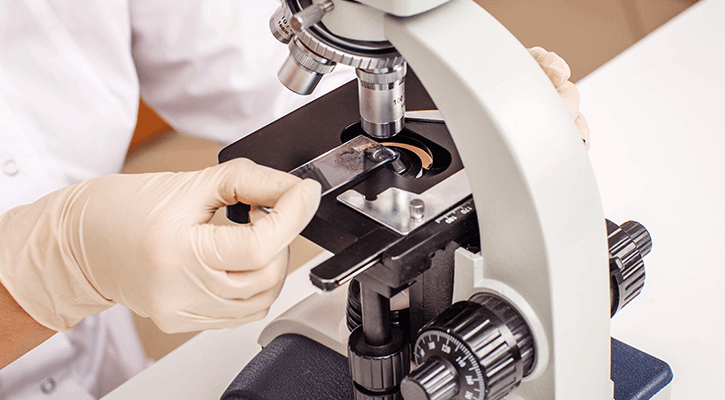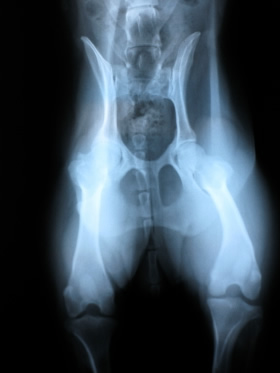
Diagnostics
Advanced Veterinary Diagnostics and X-Ray Technology
Our pet clinics first step in designing an effective treatment plan for an illness or injury is an accurate diagnosis. Digital x-rays (radiographs) allow far greater sensitivity for viewing all body parts. Because the detailed images provided by digital radiographs are far superior to traditional x-rays, we have been able to diagnose foreign bodies that would not otherwise be visible.

Digital X-Ray
Digital X-rays function as a non-invasive method for viewing your pet’s organs and bones. Many conditions, such as masses, tumors, fluid accumulation, heart disease, intestinal abnormalities, changes in the spleen and liver size, obstructions, fractures, bladder stones, and arthritis can be detected with enhanced reliability and precision using digital technology. Digital X-rays also allow us to locate swallowed foreign objects (we have found toys, socks, dental floss, coins, and even razor blades).
Much like pictures taken with a digital camera, digital X-ray images can be viewed on a computer screen immediately after they are captured. This results in fewer retakes and more precise images. In addition, digital X-rays can easily be archived, copied, or transferred to referring veterinary specialists when needed.
In-House Lab Services
There may be occasions when your pet is ill but a thorough physical exam is not enough to determine the cause of his or her illness. Our pet hospital’s complete in-house laboratory gives us the capability to perform an array of diagnostic tests (within 20 minutes) including:
- Urinalysis and urine culture
- Complete blood count and differential
- Blood chemistry, thyroid, and electrolyte levels
- Cytology—solid tissue and fluid analysis
- Ear cytology
- Skin scraping/analysis
- Intestinal parasite screening
- Fungal cultures
- Pancreatitis testing
- Giardia fecal test
Out-of-clinic diagnostics
Sometimes your pet may be ill, but the disease takes unique testing. With the cooperation of our pet clinics reference laboratory that collaborates with pet hospital labs across the United States, we can request specialized tests to help diagnosis difficult conditions.
We can also check routine screening through our outside lab. While diagnostic lab results are vital when you pet is ill, we may recommend running some laboratory tests when your furry friend is healthy to determine your pet’s “baseline” values. Then, if your pet does become ill, current laboratory results can be compared to the established “baseline” to determine if the current values are irregular. Regular lab work is also done to monitor pets taking certain medications, such as thyroid supplements and suppressants, seizure medication, pain medications, or cortisone, to ensure safe and adequate levels of the medications are being used. At each annual pet wellness exam, fecal testing for intestinal parasites is recommended as well as annual heartworm and other tick-borne disease testing.
Ultrasound
Ultrasound technology is a painless, non-invasive diagnostic tool that allows our veterinarians to obtain real-time images of the inner workings of your animal companion. At Glendale Animal Hospital, we use board-certified specialists to ultrasound your pet’s heart or abdomen. Abdominal ultrasound allows more precise evaluation of the abdominal organs, masses, fluid, bladder or kidney stones, intestinal wall thickness, and lymph node enlargement. An ultrasound can also be used to safely collect diagnostic samples of an area of concern, often allowing for an accurate diagnosis without the need for surgery.
Diagnostic Care Near You
To schedule a diagnostic consultation for your pet, call us at 630-858-3530 or schedule online.
